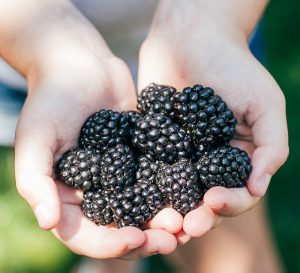
Best proteinous fruits. Incorporating these protein-rich fruits into your diet can help you satisfy your nutritional needs while enjoying their various flavors and health benefits. Guava, avocado, apricots, kiwi, blackberries, and bananas offer a high quantity of protein along with a plethora of vitamins, minerals, and antioxidants. You may improve your overall diet and promote your health in a number of ways by incorporating a range of these fruits into your meals and snacks.
BEST PROTEINOUS FRUITS
While fruits are normally recognized for their vitamins, minerals, and fiber, some can provide a surprising amount of protein. You may achieve your daily protein needs by include these high-protein fruits in your diet, particularly if you’re on a plant-based diet. here are the top fruits that are high in protein:
1. Guava;

Guava stands out as one of the highest protein-containing fruits. A single cup of guava can provide around 4.2 grams of protein. Besides its protein content, guava is also rich in dietary fiber, vitamin C, and antioxidants, making it a superfood that supports overall health.

Avocados are well-known for their healthy fats, but they are also a good source of protein. A medium-sized avocado contains about 3 grams of protein. Additionally, avocados are packed with heart-healthy monounsaturated fats, fiber, potassium, and vitamins E, K, and B6.
3. Apricots;

BEST PROTEINOUS FRUITS
Dried apricots are particularly high in protein, with about 2.2 grams of protein per cup. Fresh apricots also provide protein, though in smaller amounts. Apricots are a great source of vitamins A and C, potassium, and dietary fiber, contributing to good vision, skin health, and digestion.
4. Kiwi;
Kiwi is another fruit that offers a decent amount of protein, providing about 2.1 grams per cup. It is also rich in vitamin C, vitamin K, vitamin E, folate, and dietary fiber. Kiwi’s high antioxidant content helps combat oxidative stress and boosts the immune system.
5. Blackberries;

BEST PROTEINOUS FRUITS
Blackberries are not only delicious but also nutritious, offering about 2 grams of protein per cup. They are loaded with vitamins C and K, fiber, and a variety of antioxidants, which help protect the body against inflammation and chronic diseases.
6. Bananas;

BEST PROTEINOUS FRUITS
Bananas, while primarily known for their high potassium content, also provide about 1.3 grams of protein per medium-sized fruit. They are a convenient snack and can be easily added to smoothies, oatmeal, or yogurt. Bananas are also rich in vitamins B6 and C, and provide energy-boosting carbohydrates.
Summary
With more protein per serving than other fruits, guava, avocado, jackfruit, passion fruit, and blackberries are the highest protein fruits. While no fruit is a primary protein source, these alternatives offer small levels of protein along with fiber, vitamins, and other nutrients to supplement a balanced diet.